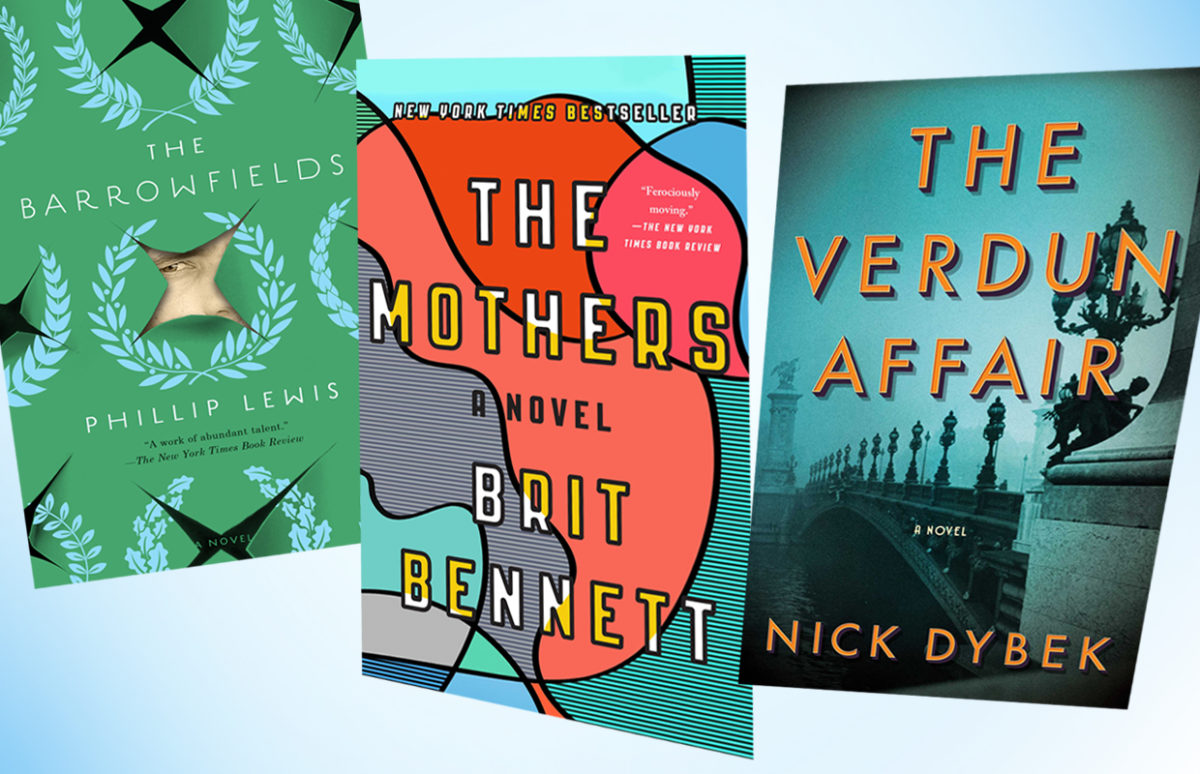
Cécile Sempere-Brun recommends: The Verdun Affair, by Nick Dybeck A novel about love and loss, forgetting and remembering. Reading A Verdun Affair is like travelling through space and time. The novel is set immediately after WWI, in France and Italy, as well as against the more glamorous background of 1950s Los Angeles. As the story … Continue reading “Festival America: Reading Ideas for Literature Classes”
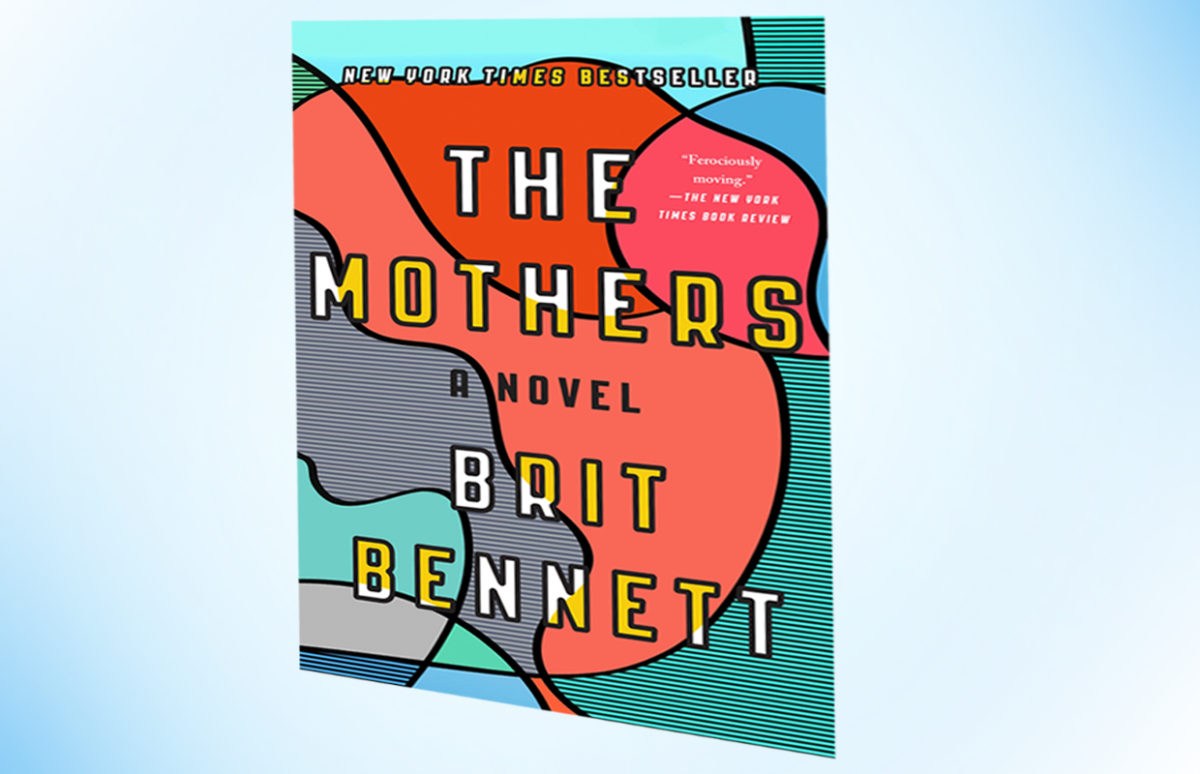
We asked several teachers and authors who attended Festival America book festival in Vincennes in September to give us their favourite picks amongst the authors and books they encountered. Isabelle Brefort, who teaches at Lycée Jean-Baptiste Corot, Savigny-sur-Orge (91), recommends: The Mothers by Brit Bennett Can a secret ruin lives? Can our choices shape our … Continue reading ““The Mothers”, a Coming-of-Age Story”
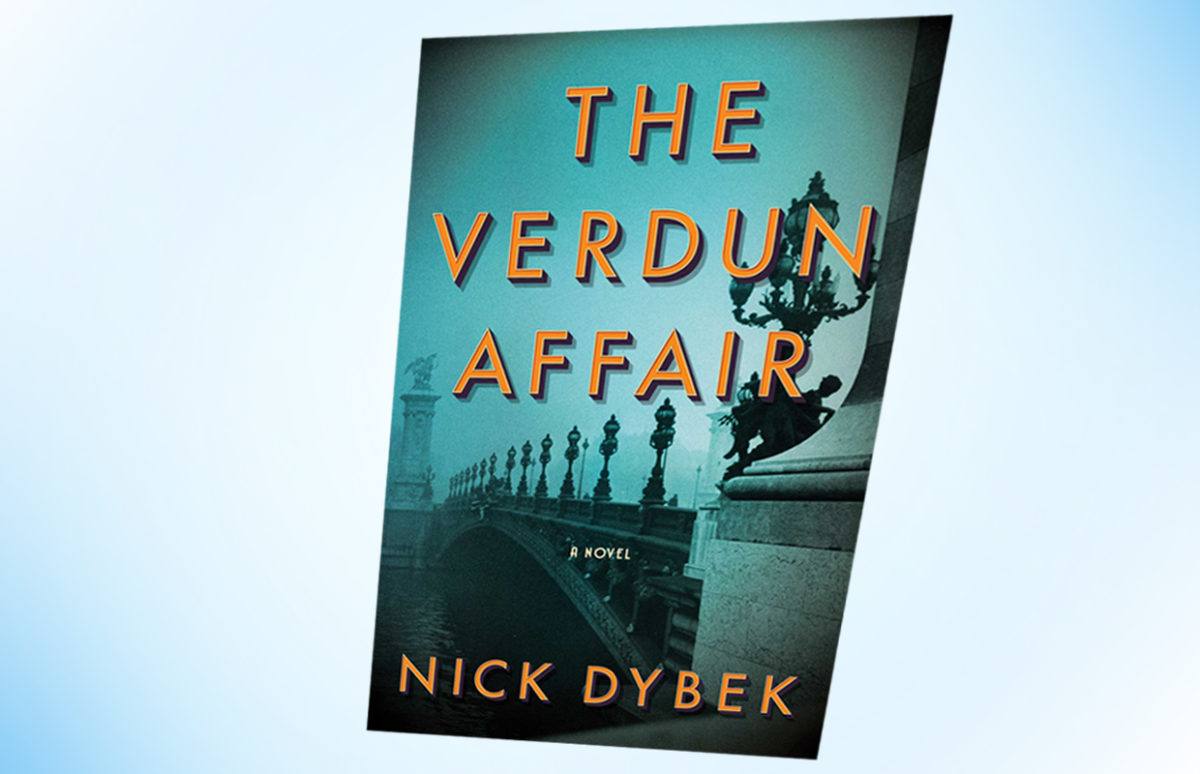
We asked several teachers and authors who attended Festival America book festival in Vincennes in September to give us their favourite picks amongst the authors and books they encountered. Cécile Sempéré-Brun, who teaches at Lycée Raynouard, Brignoles (83), recommends: The Verdun Affair, by Nick Dybeck A novel about love and loss, forgetting and remembering. Reading … Continue reading ““The Verdun Affair”, Love and Loss in WWI”
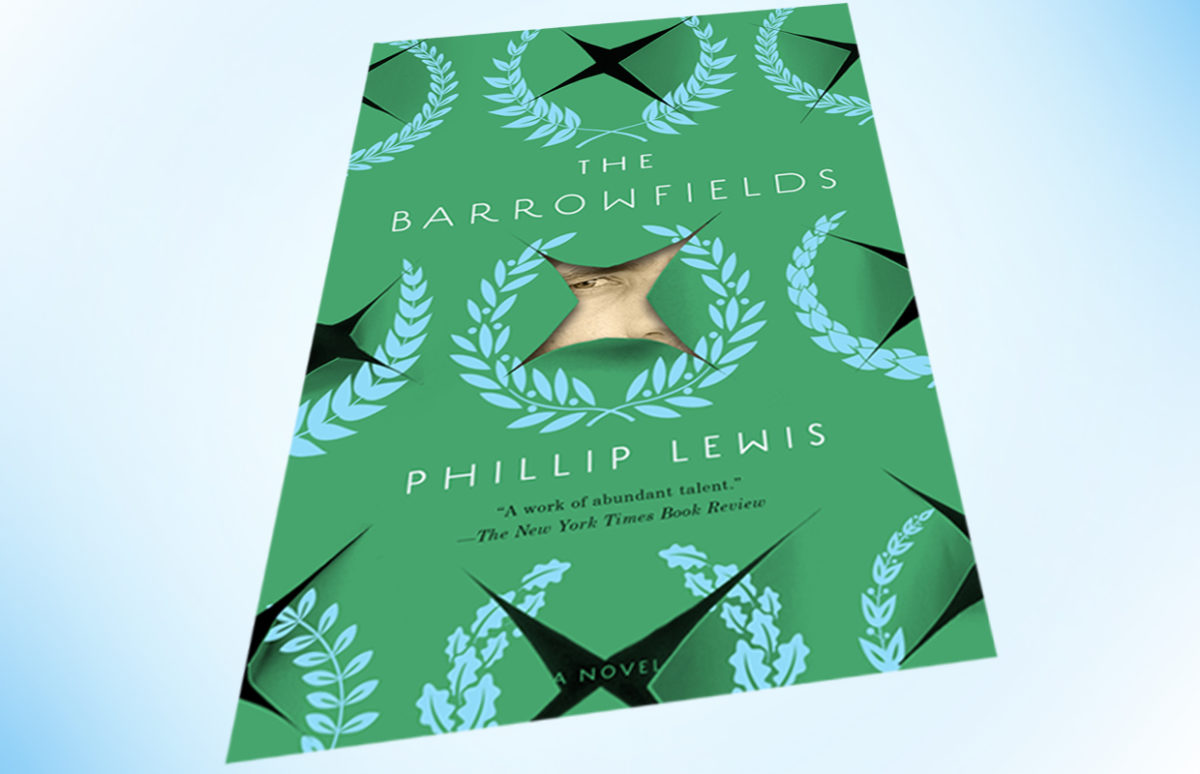
We asked several teachers and authors who attended Festival America book festival in Vincennes in September to give us their favourite picks amongst the authors and books they encountered. Gerald Kenny, who teaches at Lycée Saint-Sernin, Toulouse (31), recommends: The Barrowfields by Phillip Lewis Nobody gets the parents they deserve, and Henry Aster is no … Continue reading ““The Barrowfields”, a Haunting Family Tale from North Carolina”

Le travail en groupes en classe de langue : pour quoi faire … et comment faire ? La lecture du Socle commun de connaissances, de compétences et de culture, rédigé en 2015, est éclairante, tout particulièrement la rubrique consacrée à la Coopération et réalisation de projets (Domaine 2, Les méthodes et outils pour apprendre), que l’on enseigne … Continue reading “Group Work: Jigsaw Method”
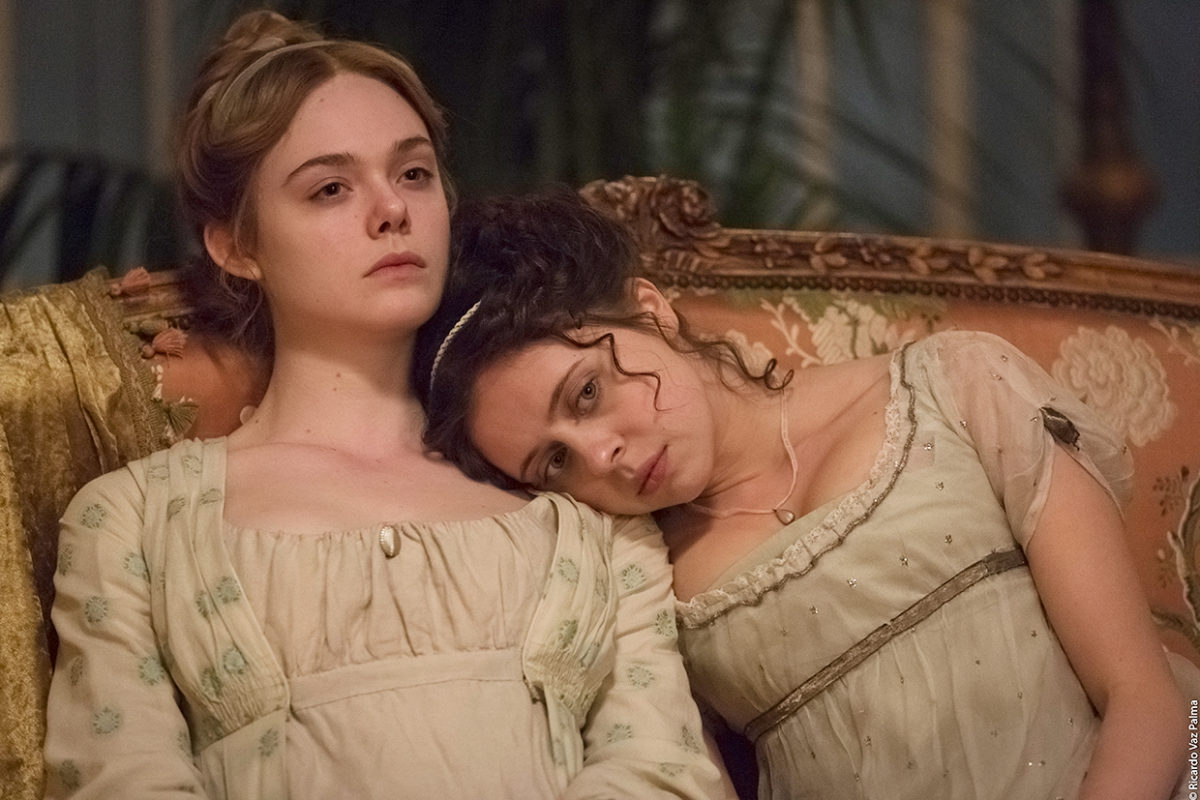
A film about Frankenstein author Mary Shelley is being released on 8 August. This B1-B1+ resource allows pupils to explore an interview with Haifaa-Al-Mansour, its director, about Shelley, filmmaking and being the first female Saudi Arabian director. You may want to introduce the topic of Mary Shelley and Frankenstein first with our Ready to Use … Continue reading “Audio Interview with the Director of Mary Shelley”

There are lots of interesting online resources on Mary Shelley and Frankenstein to help you celebrate the 200th anniversary of the publication of her iconic novel. Here’s a selection. Why not start a sequence on Frankenstein with our downloadable “Who Am I?” quiz about Frankenstein’s monster? (Right-click once the link opens and choose “Save As” … Continue reading “Frankenstein Online”
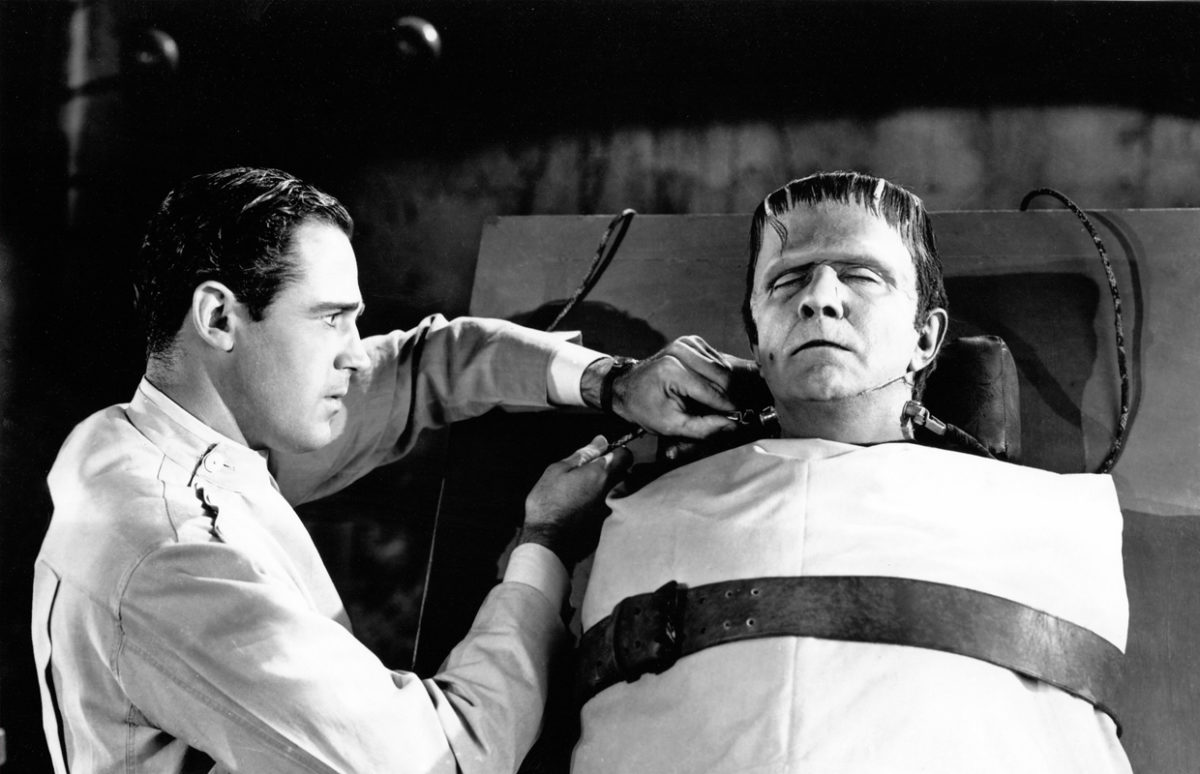
Frankenstein was published in 1818, written by a very unconventional young woman. Its genesis is as intriguing as its lasting influence. Without a volcanic eruption, Frankenstein and the vampire fiction genre may never have seen the day. In 1815 Mount Tambora in Indonesia erupted violently, in the largest and most deadly eruption recorded anywhere in … Continue reading “Frankenstein at 200”
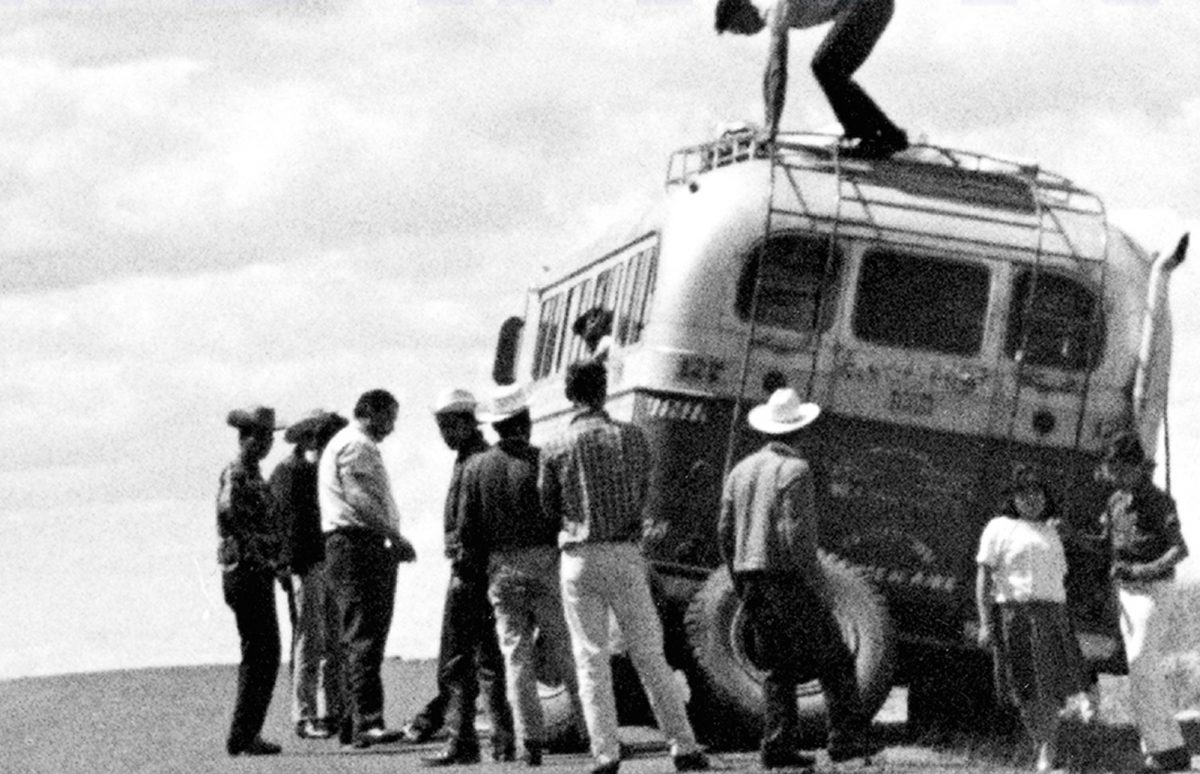
The Beat Generation exhibition at the Paris Pompidou Centre looks at the legacy of these anti-conformist writers from the 1940s-1960s. It fits well into a lycée theme on Mythes et héros or L’idée de progrès. Or in LELE, the themes Voyage, parcours initiatique, exil or L’écrivain dans son siècle. See our article about the exhibition. … Continue reading “The Beat Generation on the Web”
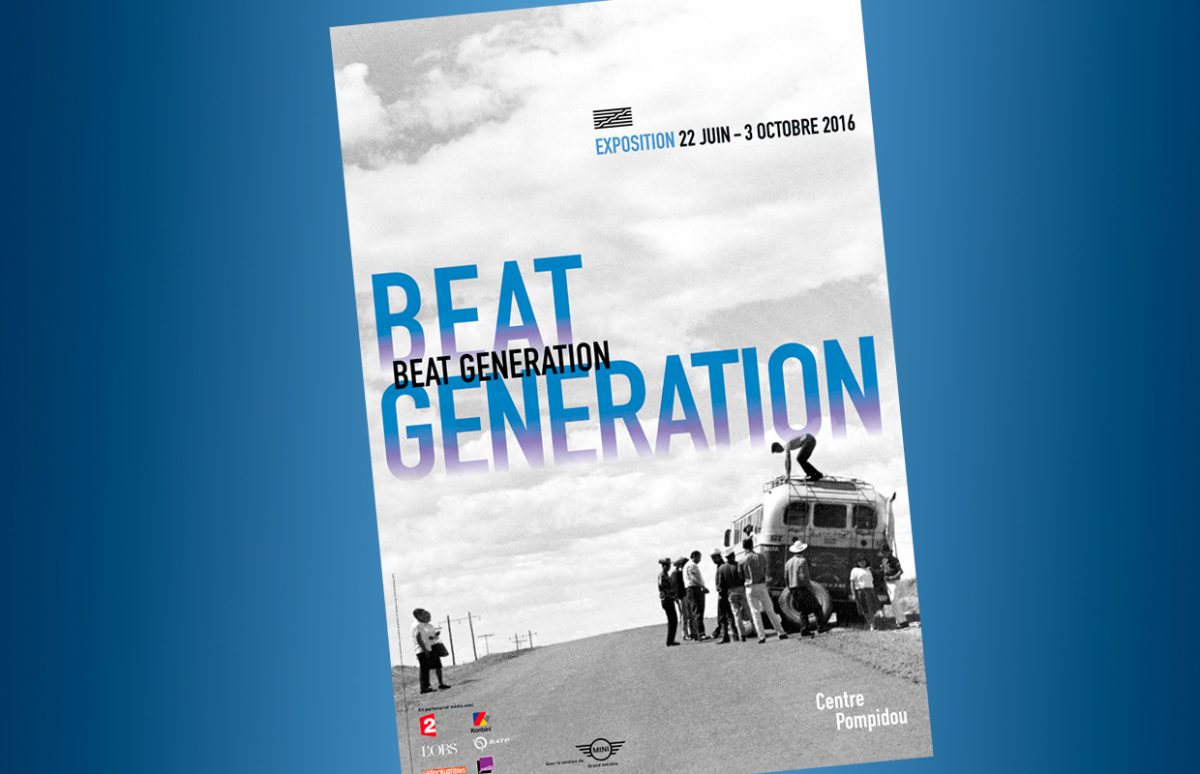
Rebels, hedonists, social critics… eternal outsiders who have influenced generations of writers and artists that followed. The Beat Generation exhibition at the Paris Pompidou Centre looks at the legacy of Jack Kerouac, Allen Ginsberg, William Burroughs, and many more. The Beat poetry movement was born in the wake of World War Two. But its influence … Continue reading “The Beat Generation: On the Road”














